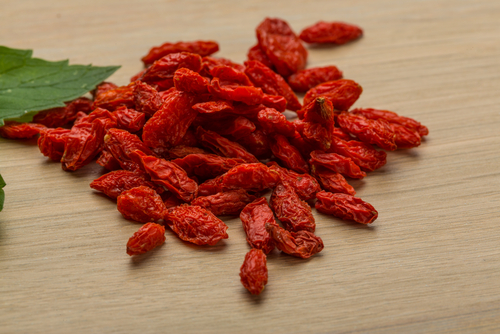
Berberine showed a dose-dependent inhibition of CMV
Investigators in Italy report that that micromolar levels berberine, a natural compound used in China for thousands of years, blocks IE2 synthesis in vitro. It was also effective against drug resistant strains of CMV, as well as against murine cytomegalovirus.
A 2007 Japanese study first identified activity against CMV (Hayashi 2007) but the mechanism was unknown. Berberine is an isoquinoline alkaloid present in several shrubs such as Berberis vulgaris. There are growing reports of its antimicrobial properties against bacteria, fungi and viruses (Imenshahidi 2016, Kumar 2015). Due to its vibrant yellow color, it is often used as a dye.
The Italian group identified berberine in a previous drug repurposing screen designed to find early inhibitors of CMV replication, a mechanism of action different from the DNA polymerase inhibitors used currently (Mercorelli 2016).
Unlike fomvirsen, an IE2 inhibitor that was approved for treatment of CMV, it does not inhibit the expression of IE2, just the transactivating properties.
Berberine was also shown to inhibit herpes simplex virus at an early stage (Song 2014).
The authors note that since berberine is active against a broad range of microbial pathogens and has low toxicity and side effects (Pang 2015) that berberine may be an interesting candidate to develop for CMV therapy.
Berberine has been tested in several small trials to control blood sugar in diabetes Type II, with comparable performance to metformin and without side effects (Yin 2008, Lan 2015). It is currently being tested in numerous small trials in Asia for various conditions including prevention of cancerous colon polyps, to combat non-alcoholic fatty liver disease and metabolic syndrome.
Read the full paper: Luganini 2019

